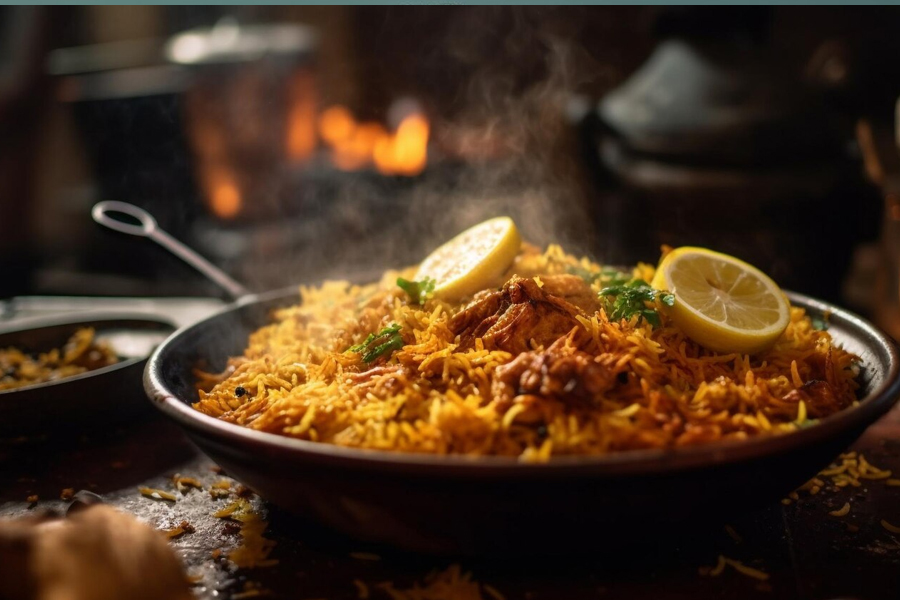Question
Is it Sunnah to recite Surah al-Fātiha over food?
Bottom Line
The Sunnah is to say Bismillah before eating and Alhamdulillah after, not to recite al-Fātiha over food.
Quick Answer
There is no authentic hadith that the Prophet ﷺ or his Companions recited Surah al-Fātiha over food. The Sunnah is to begin meals with Bismillah and end with praise to Allah. Reciting al-Fātiha over food is a bid‘ah (innovation) with no basis in Islam.
Key Takeaways
- No sahih hadith supports reciting al-Fātiha over food.
- The Sunnah before eating is to say Bismillah.
- Reciting the Qur’an over food is a later innovation with no basis in Islam.
Detailed Answer
The Prophet ﷺ never recited Surah al-Fātiha over food, nor instructed his Companions to do so. If this had been a good practice, he would have guided us to it. Instead, he taught clear etiquette for eating:
Before Eating
“When one of you eats, let him mention the name of Allah. If he forgets to mention the name of Allah at the beginning, let him say: Bismillahi fī awwalihi wa ākhirihi (In the name of Allah, at its beginning and at its end).”
(Sunan Abi Dawud 3767, Jami‘ al-Tirmidhi 1858)
After Eating
“Whoever eats food then says: Alhamdulillahi allathee at‘amanee hadha wa razaqaneehi min ghayri hawlin minnee wa la quwwah (Praise be to Allah Who has fed me this and provided it for me without any power or might from myself), his past sins will be forgiven.”
Sunan Abi Dawud 4023, Jami‘ al-Tirmidhi 3458
No Basis for al-Fātiha Over Food
There is no authentic report that the Prophet ﷺ recited al-Fātiha before or after eating. Scholars, therefore, classify this as an innovation (bid‘ah), based on the principle:
“Whoever innovates something in this matter of ours (Islam) that is not part of it will have it rejected.”
Sahih al-Bukhari 2697, Sahih Muslim 1718
What This Means for You
The Sunnah is simple: say Bismillah before meals and Alhamdulillah after. Reciting al-Fātiha over food has no basis and should be avoided.
And Allah knows best.
References
Primary Sources
Hadith
- Sahih al-Bukhari 2697: Whoever innovates in Islam will have it rejected.
- Sahih Muslim 1718: Acts not from Islam are rejected.
- Sunan Abi Dawud 3767: Saying Bismillah before eating.
- Sunan Abi Dawud 4023: Praising Allah after eating.
- Jami‘ al-Tirmidhi 1858: Mentioning Allah’s name at meals.
- Jami‘ al-Tirmidhi 3458: Duʿā after eating for forgiveness.
Secondary Sources
- Al-Nawawi, Sharh Sahih Muslim (12/16): On etiquette of eating.
- Ibn Taymiyyah, Iqtida’ al-Sirat al-Mustaqeem (2/590): On avoiding innovations.
- Al-Shatibi, Al-I‘tisam (1/64): Principles of bidʿah.
- Ibn Baz, Majmuʿ Fatawa (5/352): Ruling against reciting Qur’an over food.
- Al-Lajnah al-Da’imah, Fatawa (Vol. 1, p. 128; Vol. 26, p. 195): On innovated practices.
Was this helpful?
Leave Your Comments
© Copyright 2025, All Rights Reserved

